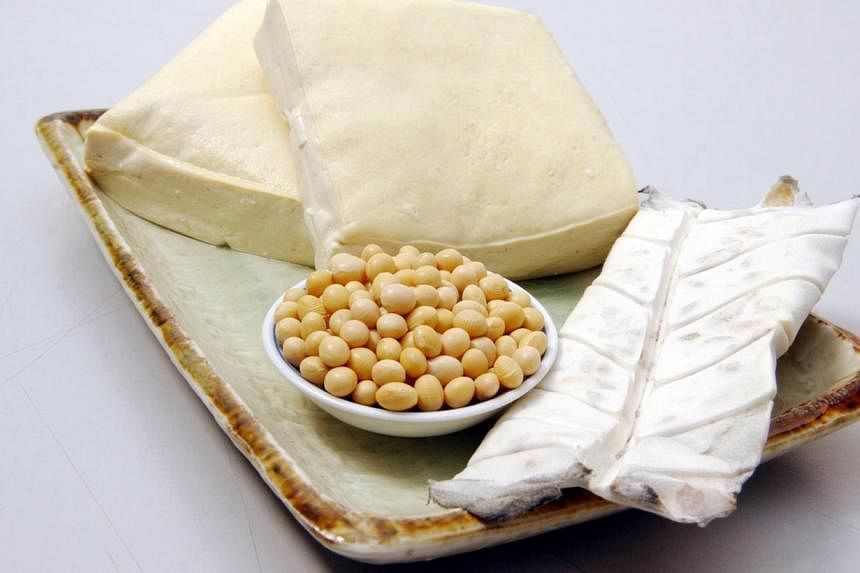During cancer treatment, enjoying food may be the last thing on a patient's mind.
Surgery, radiotherapy and chemotherapy can change a patient's food intake, digestion, absorption, and even how nutrients are used by the body, said Dr Lim Su Lin, chief dietitian at the National University Hospital.
The disease process of some types of cancers can result in hypermetabolism; that is, an increase in the breakdown and use of proteins and fats in the body. It is why patients need to increase their calorie and protein intake during this time to prevent unintentional loss in weight and muscle mass, said Dr Lim.
Those who are overweight or obese should work on losing the extra kilos only after they have completed their treatments and the cancer is in remission.
Here are five food preparation tips from Dr Lim:
1. Increase the energy density of food
Enhance the calories, protein and nutrients in dishes by using unsaturated oil, milk, cheese, soybean milk, tofu and eggs. Examples of unsaturated oils are olive oil, canola oil, rice bran oil and margarine.
Go for protein-rich food, which includes fish, chicken, eggs, dairy products, beans and lentils. Proteins provide the building blocks for a patient's recovery and wound healing, and reduce muscle mass loss and prevent infections.
2. Avoid raw food
Chemotherapy and radiation therapy may reduce a patient's immune function, making him more prone to picking up germs from the environment which a healthy person is usually able to fight off.
Patients who are neutropenic (with low white blood cell count) are at increased risk of infections, hence they should consume only fully cooked food. Caregivers should not add raw garnishes such as spring onions or parsley in their dishes.
3. Make food easier to chew and swallow
Take note of any side effects from cancer treatments and modify how the food is prepared.
For example, patients undergoing head and neck radiotherapy often experience mouth ulcers and sore throat. Hence, they should opt for foods that are soft, creamy and cold, such as puddings, ice-cream, milkshakes, barley with gingko nuts and beancurd strips.
Their main meals can be soft foods, such as porridge with shredded or minced chicken, or noodle soup. They can moisten other dishes with gravy or sauces.
Those who have mucositis (pain and soreness of the mouth) should consume less spicy food.
4. Use more herbs and spices
Some patients undergoing chemotherapy may be more sensitive to smells and strong flavours of certain food, and they may feel nauseous or even vomit.
They can eat their food at cold or room temperature to reduce these smells and flavours. Caregivers can also add lemon or mint leaves in the dishes to help remove unpleasant tastes that may linger in the patient's mouth.
At other times when food seems tasteless to patients, caregivers can use herbs and spices to enhance the flavour of the dishes and whet the patient's appetite. They can use garlic, leek, pepper, lemon zest, fresh thyme leaves or fresh basil leaves.
5. Choose non-metal utensils
Food ions react with the metallic ions in utensils. Most of us do not notice this, but cancer patients may be particularly sensitive to the metallic taste because of their altered tastebuds. So, try to use ceramic or plastic utensils.
You can earn more about how cancer patients, survivors and their caregivers benefit from new non-medical activities run by health-care providers in the latest issue of Mind Your Body, which comes with The Straits Times every Thursday.

